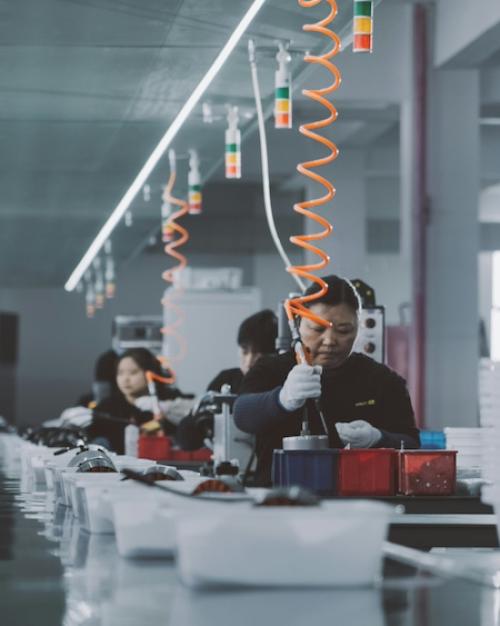The Biden administration has proposed banning the import or sale of connected vehicles containing Chinese or Russian components – citing a potential risk of spying and sabotage.
Rebecca Slayton, associate professor of science and technology studies in the College of Arts and Sciences, is a cybersecurity expert. Slayton says a ban will offer no protection unless it comes with an investment in U.S.-capabilities.
Slayton says: “A ban on vehicles with computer components produced in China or Russia would be extremely difficult to enforce, given the globally distributed and integrated nature of today’s computer industry. Efforts to prevent China’s access to U.S.-produced AI technologies have failed for precisely this reason; supply chains are too opaque and complex to be fully controlled.
“It’s understandable that the U.S. government would want such protections, however, particularly given the pervasive vulnerabilities that information and communications technologies can introduce. The most recent example is the exploding pagers in Lebanon. The people who bought those pagers didn’t realize that they were buying products from Israel – so a ban would have been useless.
“In practice, a ban will offer no protection at all unless it comes with an investment in U.S.-capabilities and a radically more transparent global supply chain.”
For interviews contact Becka Bowyer, cell: (607) 220-4185, rpb224@cornell.edu.





